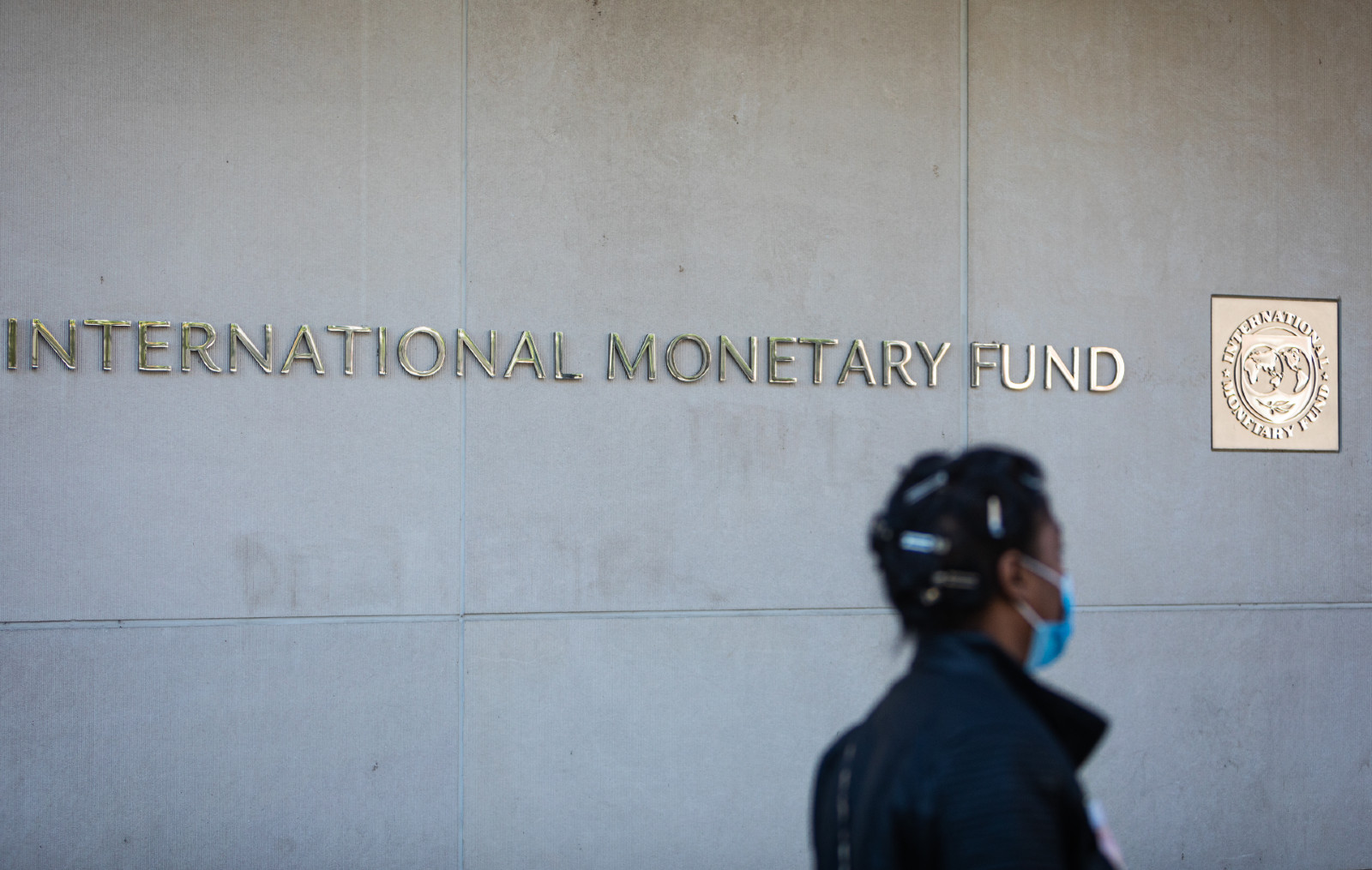Inequality threatens pandemic recovery, IMF says in its latest global outlook

The global recovery is bruised, but not broken: The IMF slightly downgraded its projection for global growth in 2021 to 5.9% in its October World Economic Outlook report (pdf) — down a slim 0.1 percentage points from 6% in its last update in July. The international lender held its growth estimate for 2022 steady at 4.9%, adding that global growth would taper down beyond next year to average at 3.3% in the medium term. The report’s title, Health Concerns, Supply Disruptions, and Price Pressures, succinctly summarizes the risks the IMF identifies as the biggest threats that could hobble the economic recovery.
Threats abound: The report warns that global growth risks are tilted to the downside, while inflation risks are skewed to the upside. There are few surprises when it comes to what’s behind increased uncertainty over the recovery: The spread of the Delta covid-19 variant, supply-chain disruptions, price hikes, risky financial markets, and the growing impact of climate change.
What’s the common denominator? Duh, it’s covid: “A principal common factor behind these complex challenges is the continued grip of the pandemic on global society,” according to the report. It calls on developed nations to step up their game on global vaccination and other preventative health measures to stop the emergence of more virulent covid-19 strains. On the national level, the IMF advises policymakers that they will need to tread a thin line, continuing to support the recovery while also keeping a watchful eye on inflation. It also urges governments to prioritize healthcare spending above all else, echoing the World Bank’s October MENA update released earlier this week, which blamed stressed public healthcare systems for the region’s sluggish recovery.
A Tale of Two Pandemics: Relatively strong global growth data “masks large downgrades for some countries,” the IMF said, adding that “the outlook for the low-income developing country group has darkened considerably due to worsening pandemic dynamics.” Low-income developing countries are set to register 3% growth in 2020 and 5.3% growth in 2021, down 0.9 percentage points and 0.2 percentage points respectively from July projections. Meanwhile, rising inflation, and the inevitable monetary tightening it will induce in rich countries, will inflict the most pain in low-income countries already suffering from a hike in food prices.
Come together, right now: The overarching message is that the widening divide between developed and developing economies has disastrous consequences for all. “Recent developments have made it abundantly clear that we are all in this together and the pandemic is not over anywhere until it is over everywhere,” the report writes, urging developed countries to commit to plans to get jabs in arms (and tackle climate change) pronto.
US and China are in the naughty corner: Both superpowers got a ticking-off from the IMF, which wrote that “escalations in cross-border trade and technology tensions” had put the recovery at risk, as had “unnecessary policy accidents” including the US failure to raise the debt ceiling and chaotic debt restructurings in China’s Evergrande crisis.
The MENA region is doing relatively well: The IMF revised its growth projection for MENA upwards by 0.4% to 4.1% in 2022.
But the economic oracle is predicting slower growth for Egypt: The IMF downgraded its growth projection for Egypt’s economy in FY2021-22 to 5.2%, down 0.5 percentage points from the 5.7% growth that it forecasted in April. That’s still more optimistic than the World Bank, which expects growth of 5% in FY2021-2022. The IMF kept its long-term estimate for Egypt’s growth steady at 5.8% in FY2025-26.
There was better news on Egypt’s inflation and its deficit: Consumer prices are expected to rise by 6.3% for FY2021-22, down 0.9 percentage points from the April forecast of 7.2%. Inflation is forecast to stand at 7.1% by FY2025-26, marginally down from the 7.3% forecast in April. The IMF also narrowed its estimate for Egypt’s current account deficit in FY2021-22 to 3.7%, down from 4% in its April report. The deficit is expected to narrow further to 2.6% by FY2025-26.